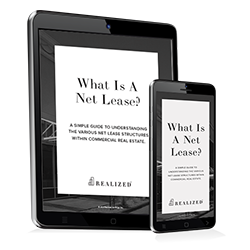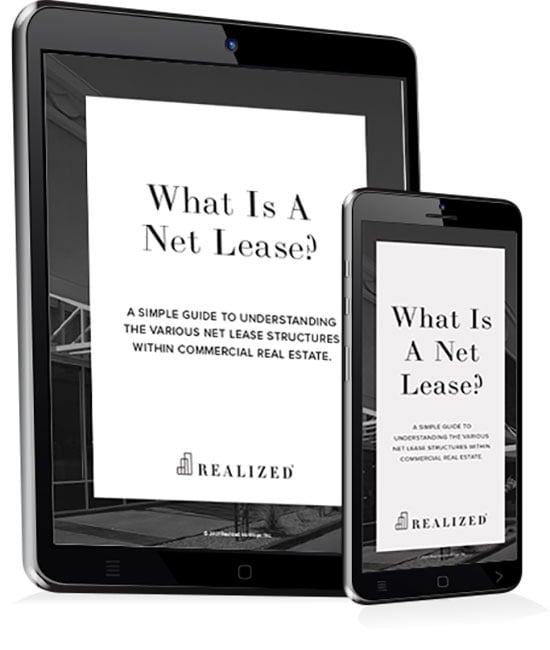
We’ve written about land ownership in previous blogs. Specifically, we’ve pointed out that owning land, in and of itself, could be considered a negative income business. This means that if it’s undeveloped, you won’t earn much from it, but still need to pay taxes and costs for maintenance.
But if you own a plot of land in a desirable location, inking a deal with a developer/tenant through a ground lease could help generate an income stream for you, while putting that property to good use. Still, there are benefits and disadvantages of a ground lease you need to be aware of before signing your land over to a developer/tenant.
Ground Lease Explanation
Sometimes known as a land lease, a ground lease is a contractual agreement between a landowner (such as yourself) and a developer/tenant that might be interested in putting up a facility on the land. Through this agreement, the developer/tenant agrees to pay an agreed-upon monthly rent for both use of the land and the right to develop on it.
Unlike leases tied to buildings, ground leases are long-term, at least 30 years. A typical ground lease could last for as long as 99 years.
Basically, while the developer/tenant is entitled to the net income generated by the developed property on the land (which could consist of a grocery store, restaurant, or bank), you would receive monthly rent from the land itself.
There are two types of ground leases:
Subordinated Ground Lease
Though a subordinated ground lease, you agree to “subordinate” your interest in the property to a lender. This, in turn, can help the developer/tenant obtain a construction loan. However, if your tenant defaults on the loan, this lease agreement means that the lender could take both the developed building and your land as collateral.
While this agreement could mean you’re giving up the first claim on the land should default take place, it can potentially allow more leeway in negotiating more favorable lease terms.
Unsubordinated Ground Lease
Through this arrangement, the tenant outranks the lender when it comes to property claims. In the event of a loan default, the lender could go after the business assets but can’t necessarily touch your property.
Unsubordinated ground leases tend to be more common arrangements, though it could also require a lower monthly rent to entice a developer/tenant to make use of your land.
Ground Lease Benefits
Ownership Retention
You still own the land and can potentially benefit from a long-term income stream. Additionally, you could have control over the property, including how it’s used and developed, depending on the lease provisions.
Lower Capital Expenses
Most ground leases are structured as net leases. This means that the tenant could be responsible for property taxes, insurance, and maintenance expenses as well as the monthly land rent. You also likely won’t have to invest in building development on the site meaning few, if any, capital expenses.
Potential Property Appreciation
Your land could increase in value, depending on the development. And when that ground lease expires, all structures and rights to that development might revert to you. This means the vacant property you leased could be worth much more.
Ground Lease Disadvantages
Possible Property Loss
If your developer/tenant goes bankrupt, you’re out that monthly rent. And under the conditions of a subordinated ground lease, if the developer/tenant defaults on a construction loan, the lender is well within its rights to seize all property—including your land—and initiate foreclosure proceedings.
Market Condition Changes
As mentioned above, ground leases last decades, rather than a few years. Market conditions can change dramatically, meaning a fixed rent structure could be obsolete in just a short time if regular increases weren’t built into the agreement.
Tax Drawbacks
Unlike other types of real estate investments (think building ownership), land doesn’t depreciate. While the developer/tenant could take depreciation on the facilities built on your land, you can’t, on your land. Additionally, your income stream is taxed at the ordinary income rate. While this is the case with most rental property investments, you won’t have depreciation or expenses to offset that income.
Attention to the Agreement
While a ground lease can provide plenty of rewards, it’s important to pay attention to the drawbacks, as well. Before enthusiastically signing over your property for use by a developer/tenant, be sure your ground lease incorporates contingencies and increases to help protect yourself and your investment.



